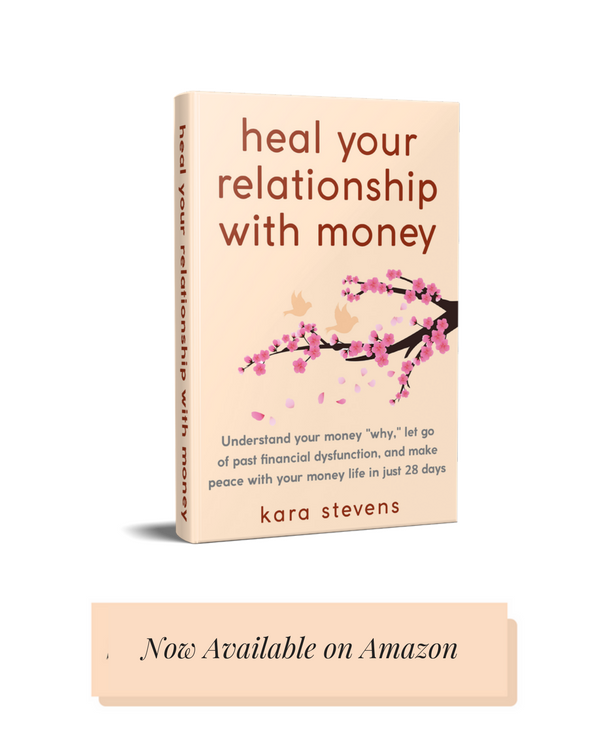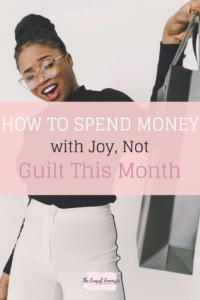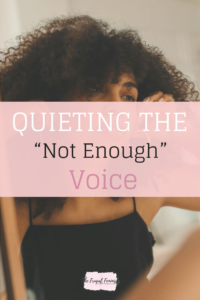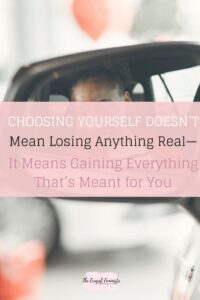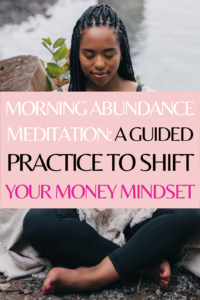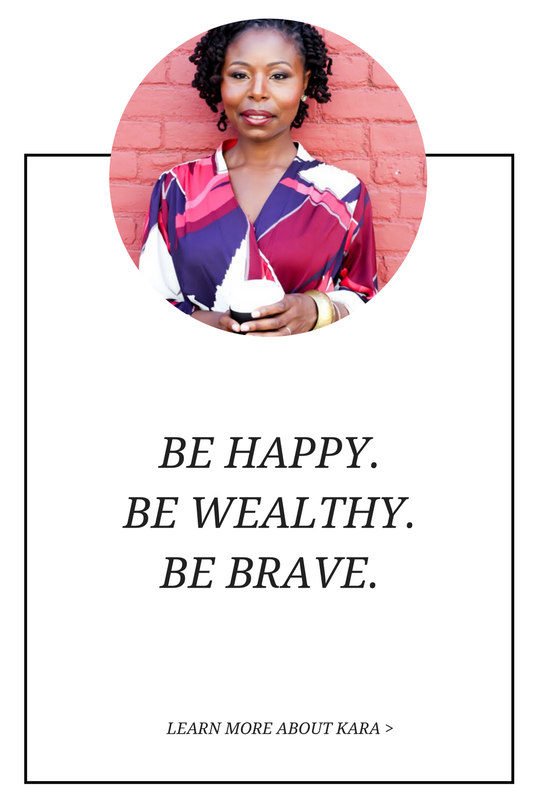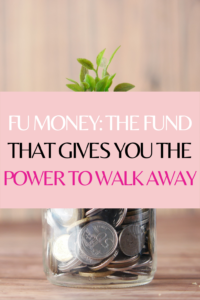Earlier this year, I wrote a book to help over-savers and over-spenders feel at peace with their money life. The inspiration for this book was born out of experience and necessity. I had to re-examine how I felt about money in order to eliminate the guilt, confusion, apathy, obsession, sadness and anger that often accompanied my interactions with it.
In the process of supporting a community of womenrecovering from financial dysfunction, I learned that financial healing is the first step to building long-term wealth and true financial confidence.
Healing your relationship with money will take you through three phases: recognition, reexamination and redefinition. I went through each of these to help me uncover limiting money beliefs, and how they ultimately shortchanged me of happiness and wealth.
Recognition
During this phase, you stop and notice what the current realities of your financial identity are, without judgment. You also speak to your current money story. People often avoid this step because it’s the most painful, but it’s often the most liberating.
In my case, when I looked around, I saw that I ignored paying bills despite having the wherewithal. I took on three to four extra side hustles, despite a demanding 9-5. I would become sad and resentful when I had to make a withdrawal from my bank account. This phase helped me see that I was living with a “scarcity mindset” and it was keeping me from evolving emotionally, financially and spiritually. I also noticed that it was keeping me from connecting to the people that I loved the most in my life because I treated them with a similar bare-bones approach.
Re-examination
The ability to see myself as a woman who was withholding from myself as well as others forced me to examine where I learned these behaviors. My mother was a tremendous woman with a strong belief in education and self-reliance, but also had a negative perspective on money because of her life experiences. My father left my mother to raise two children on her own. This emotionally and financially devastated her. To protect her only daughter from a similar fate, she warned me of the perils of risk-taking, both in affairs of the heart and the wallet. She taught me to always play my cards close, make financial security a high priority (even if the work was unfulfilling and boring) and never trust anyone with money — especially men and family members.
This phase can help anyone answer the questions “Why am I like this?” and “Where did these beliefs come from?”
Redefinition
If the second phase answers “Why,” then this one answers “Now what?” In this final phase of healing your relationship with money, you get to make a powerful money move: choice. What you discovered in the re-examination phase will allow you to decide how to move forward financially.
I had the chance to reinvent myself. I asked myself, “What kind of woman do you want to be? And what kind of relationship does she have with her emotions and money?”
Answering those questions led me to do the following:
- I sought the help of a therapist to help me work through childhood pain and trauma for close to a year. I was able to process painful childhood memories as an adult in order to make peace with the past.
- I eliminated working with clients that were abusive, demanding or cheap.
- I approached purchasing from a value-added perspective. That is, the cost of a product or service wasn’t the only factor determining whether I bought it or not.
- I immersed myself in the world of positive thinking from attending conferences, listening to podcasts, reading mindset books and going on retreats. (Even writing “Heal Your Relationship with Money” was part of this immersion process.)
- I made more time for fun with friends and told people that I loved how I felt about them.
- I visualized myself taking up more space in the world. It manifested in my clothing choices, a living/dining room mini-makeover and even a visit to a personal stylist.
- I set up a “fun fund” so I could splurge guilt-free.
- I accepted compliments without a diminishing or self-deprecating follow-up.
Essentially, all of these actions created a snowball effect. I started to see myself as someone who was worthy of joy, worthy of wealth and worthy of peace. This process simultaneously showed me that I was capable of bringing joy to my life, capable of building wealth and capable of establishing peace.
As you begin the process of healing your relationship with money, you’ll encounter a number of emotional hurdles and internal resistance. In these instances, it’s important to remind yourself of what you have to gain when the process is over, and you’ve reached a new level of financial self-awareness.


